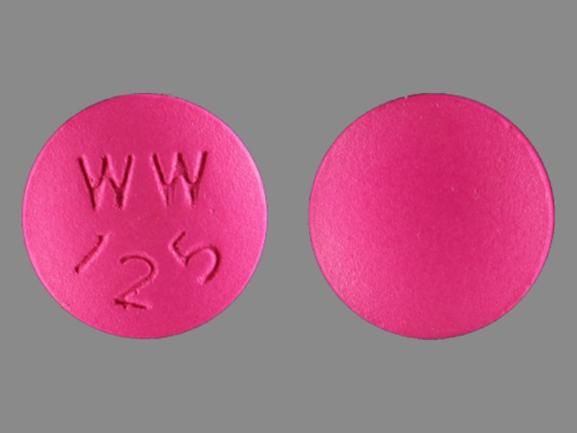Chloroquine Interactions
There are 532 drugs known to interact with chloroquine, along with 10 disease interactions, and 1 alcohol/food interaction. Of the total drug interactions, 201 are major, 317 are moderate, and 14 are minor.
- View all 532 medications that may interact with chloroquine
- View chloroquine alcohol/food interactions (1)
- View chloroquine disease interactions (10)
Most frequently checked interactions
View interaction reports for chloroquine and the medicines listed below.
- Acetylsalicylic Acid (aspirin)
- Adrenalin (epinephrine)
- Aspirin Low Strength (aspirin)
- Augmentin (amoxicillin / clavulanate)
- Azithromycin Dose Pack (azithromycin)
- Benadryl (diphenhydramine)
- Celebrex (celecoxib)
- Cipro (ciprofloxacin)
- Claritin (loratadine)
- Cymbalta (duloxetine)
- Fish Oil (omega-3 polyunsaturated fatty acids)
- Keppra (levetiracetam)
- Lyrica (pregabalin)
- Malarone (atovaquone / proguanil)
- Metoprolol Succinate ER (metoprolol)
- Nexium (esomeprazole)
- Paracetamol (acetaminophen)
- Prilosec (omeprazole)
- Singulair (montelukast)
- Synthroid (levothyroxine)
- Tylenol (acetaminophen)
- Valium (diazepam)
- Vitamin B12 (cyanocobalamin)
- Vitamin C (ascorbic acid)
- Vitamin D3 (cholecalciferol)
- Vyvanse (lisdexamfetamine)
- Xanax (alprazolam)
- Zantac (ranitidine)
- Zofran (ondansetron)
- Zoloft (sertraline)
Chloroquine alcohol/food interactions
There is 1 alcohol/food interaction with chloroquine.
Chloroquine disease interactions
There are 10 disease interactions with chloroquine which include:
- oculotoxicity
- porphyria
- arrhythmias
- bone marrow suppression
- ototoxicity
- seizures
- glucose-6-PD deficiency
- hepatotoxicity
- myasthenia gravis
- psoriasis
More about chloroquine
- chloroquine consumer information
- Compare alternatives
- Pricing & coupons
- Reviews (2)
- Drug images
- Side effects
- Dosage information
- During pregnancy
- Drug class: amebicides
- Breastfeeding
- En español
Related treatment guides
Drug Interaction Classification
| Highly clinically significant. Avoid combinations; the risk of the interaction outweighs the benefit. | |
| Moderately clinically significant. Usually avoid combinations; use it only under special circumstances. | |
| Minimally clinically significant. Minimize risk; assess risk and consider an alternative drug, take steps to circumvent the interaction risk and/or institute a monitoring plan. | |
| No interaction information available. |
See also:
Further information
Always consult your healthcare provider to ensure the information displayed on this page applies to your personal circumstances.


